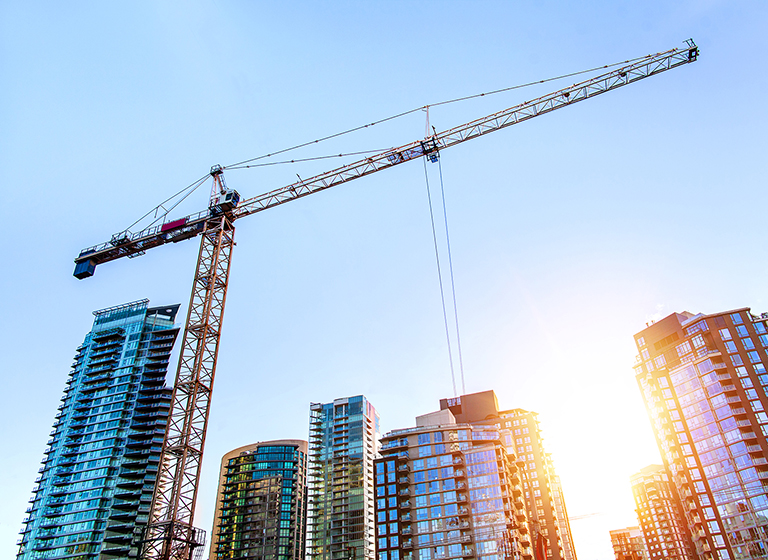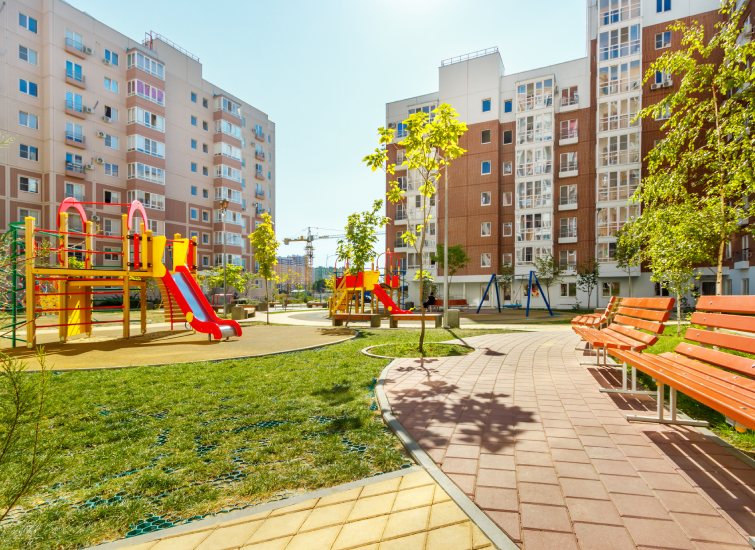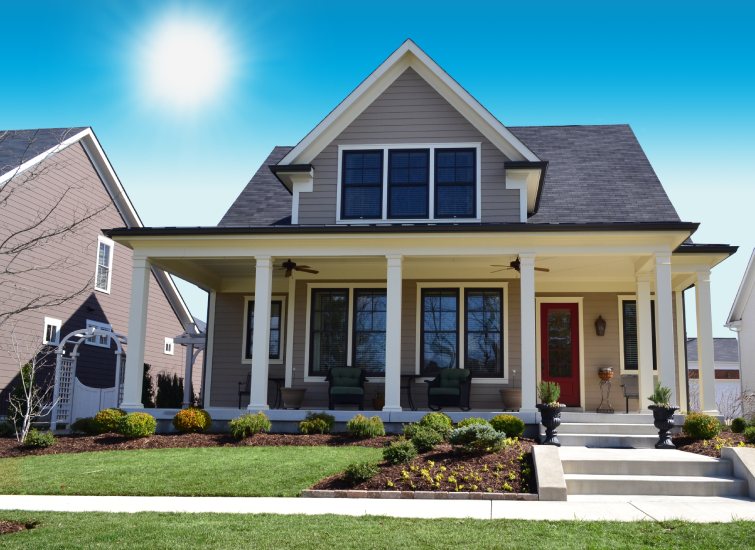
Source: Canadian Real Estate Magazine, October 2023 Blog
For new investors venturing into Canada’s real estate market, one question often looms large: Should you invest in a pre-construction condo or a house? This pivotal decision can significantly impact your financial future, shaping your investment portfolio for years to come.
Understanding Pre-Construction Investments
In the realm of real estate, pre-construction investments are a unique and increasingly popular avenue. They involve committing to property units that haven’t yet been built. In Canada, this investment strategy has seen a surge in interest, not just for its affordability but also for the lucrative returns it promises. By locking in prices at today’s rates, investors stand to benefit from property appreciation by the time the construction is complete.
Financial Aspects of Investing in Pre-Construction Condos
Initial Costs and Down Payments
One of the key attractions of investing in pre-construction condos is the relatively lower initial financial barrier. Unlike houses, condos often require smaller down payments, making it easier for new investors to enter the market. This accessibility can be particularly advantageous in Canada’s competitive real estate environment.

Maintenance Fees
While condos may be more budget-friendly upfront, it’s crucial to factor in ongoing expenses like maintenance fees. These monthly charges cover the upkeep of common areas and amenities such as gyms, pools, and security services. While these fees contribute to a higher quality of living, they also add to the long-term cost of your investment. Thankfully, these fees won’t become an issue until after construction is complete, so if you plan to sell on or before completion, you likely won’t need to worry about them.
Potential for Appreciation
Data from reputable Canadian financial institutions, such as the Royal Bank of Canada (RBC), indicate that condos, especially those in prime urban locations, have experienced consistent appreciation in value. This trend suggests that a condo can be more than just a short-term investment; it can also serve as a valuable asset that grows over time.
Financial Aspects of Investing in Pre-Construction Houses
Initial Costs and Down Payments
Investing in a pre-construction house often comes with a heftier price tag upfront. Not only do houses typically require a larger down payment, but additional costs such as land transfer taxes can also add up. While this may pose a challenge for new investors, the larger initial investment can yield substantial long-term benefits.
Maintenance and Upkeep
Owning a house means you’re solely responsible for its maintenance and upkeep. From lawn care to roof repairs, these costs can accumulate over time. However, the upside is that you have complete control over the property, allowing for customization and improvements that can enhance its value.
Resale Value
According to financial experts in Canada, houses often have a higher resale value compared to condos. This is particularly true for properties situated in up-and-coming neighborhoods. The potential for land appreciation and the flexibility to make property improvements contribute to a house’s strong resale prospects.
Market Trends
Recent reports from RE/MAX Canada suggest distinct market trends for pre-construction condos and houses. Condos are experiencing a surge in demand, particularly in bustling city centers. This trend is driven by a variety of factors, including the allure of urban living and the convenience of amenities.
On the other hand, houses are becoming increasingly popular in suburban areas. The appeal of more space, coupled with the tranquility of suburban life, is attracting a growing number of investors.
Tax Implications
Condos
Investing in condos comes with its own set of tax considerations. One advantage is the ability to write off maintenance fees as a business expense, reducing your overall tax liability. However, it’s crucial to be aware that selling your condo could trigger capital gains tax, which will impact your net profit from the investment.
Houses
When it comes to houses, the tax landscape is slightly different. Rental income generated from leasing out the property is taxable and must be reported. On the flip side, you can take advantage of tax deductions related to property maintenance and improvements, which can offset some of your taxable income.
Long-Term Value
Condos
Condos present a unique value proposition for long-term investors. Their lower maintenance requirements make them an attractive option for those looking for a hassle-free investment. Additionally, condos are generally easier to rent out, especially in urban areas, providing a consistent income stream that can make them a financially rewarding long-term investment.
Houses
Houses, on the other hand, are often cited in Canadian case studies as a more stable long-term investment. The potential for land appreciation adds an extra layer of financial security. Moreover, houses offer the flexibility for renovations and improvements, which can significantly enhance their long-term value and marketability.

Making the Decision
The choice between investing in a pre-construction condo or house is a significant one that should be made carefully. Your decision should align with several key factors:
Budget: Condos often require a smaller initial investment, making them more accessible for new investors. Houses, while more expensive upfront, can offer greater long-term value.
Property Management: If you prefer a hands-off approach, a condo might be more suitable due to lower maintenance requirements. On the other hand, houses require more active management but offer greater control over the property.
Long-Term Goals: Consider your long-term investment objectives. If you’re looking for a steady income stream, condos can be easier to rent out. Houses, while potentially more challenging to manage, offer the benefit of property appreciation.
Both investment options come with their own sets of advantages and disadvantages. Ultimately, the best choice will be influenced by your individual financial situation, lifestyle preferences, and investment goals.
Conclusion
From financial aspects to market trends and tax implications, the intricacies of choosing between pre-construction condos and houses as investment options present its own set of challenges and opportunities. To navigate these complexities and make an investment that aligns with your goals, consider seeking advice from a qualified Canadian financial advisor.





